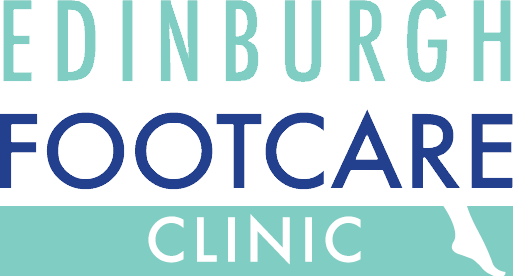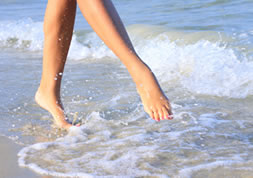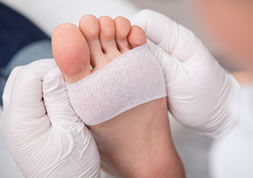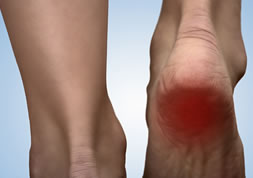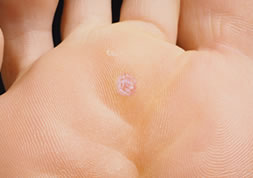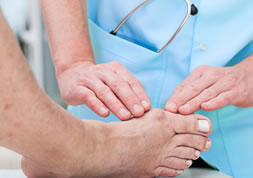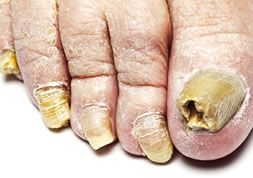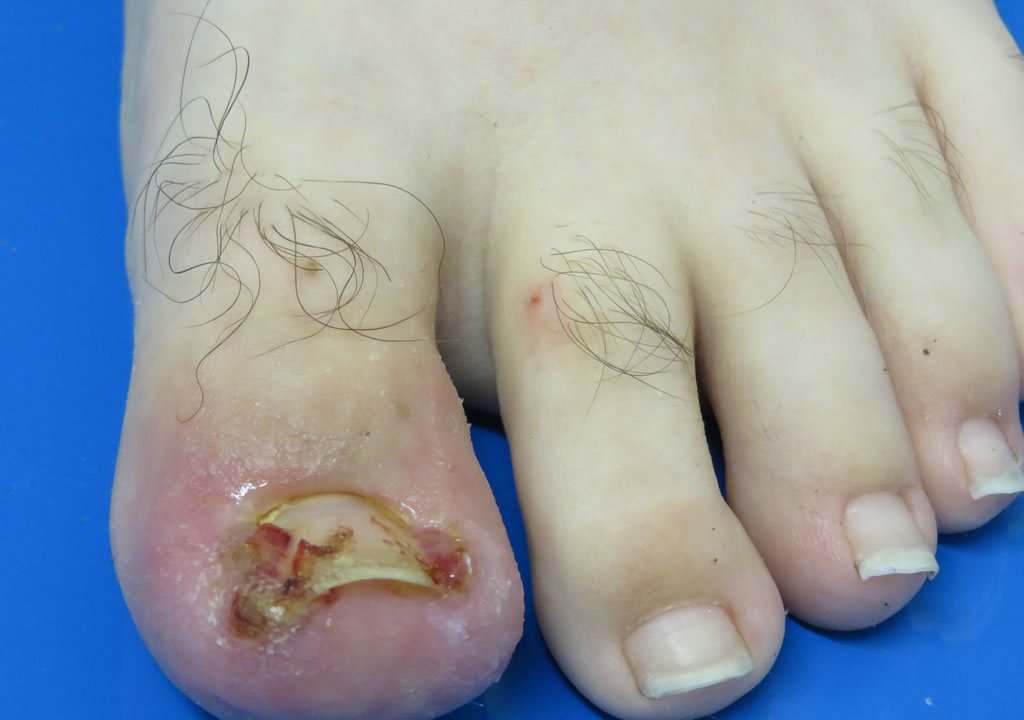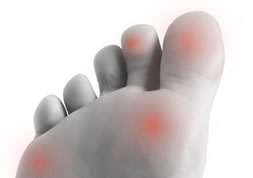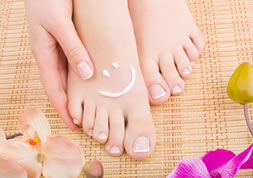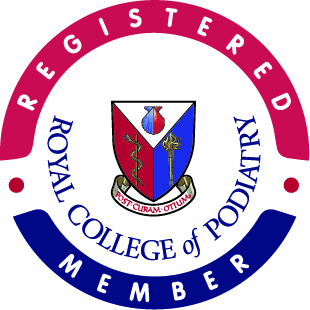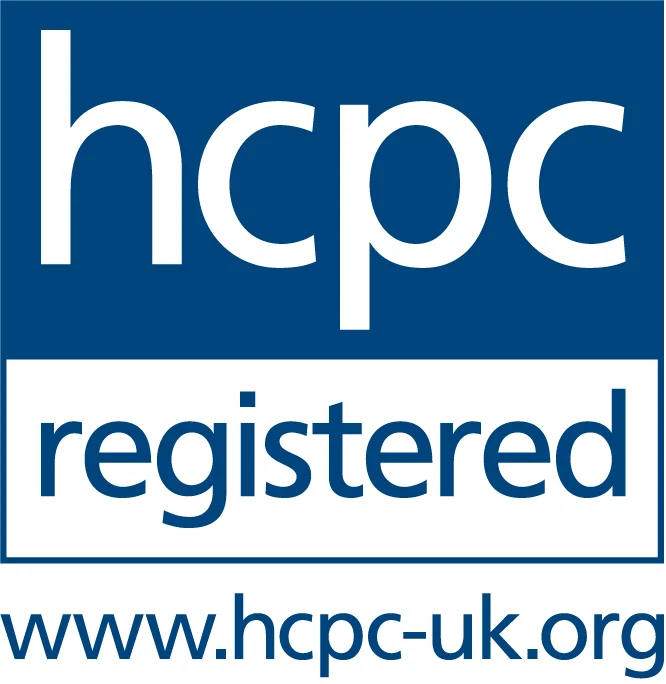Podiatry Treatments
These can be a range of different foot problems from achilles tendinopathy, to knee and lower back pain. Edinburgh Footcare Clinic work with Edinburgh Sports Injury Clinic to help with realignment issues and physiotherapy needs. For further information on Edinburgh Sports Injury Clinic or physiotherapy needs please visit http://www.esic.co.uk.
At Edinburgh Footcare Clinic we use a number of methods to treat muscular skeletal problems. We may recommend orthotics, stretching, taping, manipulation or acupuncture, depending on the problem. We use a wide variety of orthotics ranging from simple off the shelf devices to bespoke casted devices.
Where it is necessary we will refer clients on for further investigation.
If you have been diagnosed with diabetes then it is possible that you may develop complications with your feet. For example, you are 15 times more likely to have a limb amputated if you have diabetes. Therefore it is important that you regularly receive check-ups with an HCPC registered podiatrists
The risks are greatly reduced by good diabetic control. They are also reduced if blood pressure and cholesterol levels are monitored and controlled by medication if necessary. Smoking is also not a good idea as it has adverse effect upon the blood supply to your feet (see www.givingupsmoking.co.uk for help).
One of the ways diabetes may affect your feet is through loss of sensation. This often starts in the toes. Your chance of losing sensation in your feet occurs with number of years you have had diabetes and how well it is controlled. Research suggests that one in three people with diabetes have some loss of sensation in their feet, this is called neuropathy.
If you have loss of sensation in your feet it is possible to unknowingly damage your feet leading to injury, possible ulceration and worst case scenario amputation.
Diabetes can also affect the blood supply in your feet; this can delay healing and increase your risk of infection.
At Edinburgh Footcare Clinic if you have been diagnosed with diabetes we will routinely check your feet. We use a screening form that is compatible with the NHS screening form. You will receive a copy of the screening form and a second copy for your GP or diabetes specialist. During the screening we will check the blood flow into the feet by palpating the pulses or using and ultrasound Doppler, we will also check capillary return rate and look for signs of good skin colour, hair and nail growth. We will monitor the sensation in your feet using a monofilament which is a simple device that can tell if there are any sensory changes occurring in the feet. If there are changes we will and advise you, and give you the appropriate health care information.
If we are concerned in any way about your feet we will make a quick and efficient referral to the appropriate specialist.
For further advice go to www.diabetes.org.uk
This is often caused by a condition known as plantarfascitis. It is commonly characterised by pain on the inside of the heel (medial side) and mid foot pain, it is worst on rising first thing in the morning. Patients may often complain of a pain feeling like a “stone bruise”.
The plantarfascia is a dense fibrous structure that lies below the fat pad of the foot. It spans the entire length of the sole of the foot. If a patient is flat footed (pronated) this causes excess strain at the insertion if the plantarfascia and can led to pain and inflammation at that point. Extremely flat shoe such as pumps will exacerbate the problem.
At Edinburgh Footcare Clinic we will examine the cause of the heel pain. It may be necessary to follow a strict stretching routine. We will also examine to foot to see if there are any biomechanical problems and prescribe orthotics to correct the mechanics of the foot if necessary.
Picture from old website
Athlete’s foot is a fungal infection. It can lead to intense itching, cracked, blister or peeling areas of the skin, redness and scaling. It can occur on moist waterlogged skin especially between the fourth and fifth toes. Many people are unaware that the condition can occur on any part of the foot and may account for the dry flaking skin round heels and on the soles of the feet.
At Edinburgh Footcare Clinic our podiatrists will be able to advise you the best treatment for your athletes foot refer you to your GP if necessary. We will also be able to give advice on how to prevent re-infecting yourself with the fungus.
Verrucae are the result of a viral infection in the skin. The virus thrives in damp conditions so is therefore commonly picked up in places like communal changing areas at swimming pools and gyms.
At Edinburgh Footcare Clinic verrucae are treated in a number of different ways. Our podiatrists will discuss with you the best treatment option for you.
The treatments available are
- Freezing using liquid nitrogen (this is much colder than the freezing treatments available over the counter at the pharmacist). If you require freezing treatment please advise the reception staff when you book the appointment.
- Applying lotions or ointments that contain a strong acid to eradicate the verrucae virus
- Needling the verrucae, this makes the body produce its own anti bodies to deal with the infection. Please phone if you require further information about this treatment.
We also offer a range of herbal and homeopathic treatment which are suitable for diabetics and young children.
What most people call a bunion is actually known as hallux valgus. It is a condition which occurs when the big toe is angled excessively to the second toe. Sometimes the toes will cross over each other. A fluid sac may form over the big toe joint this is called a bursa; it may become inflamed and painful. Often corns and callus may form as a result of the bunion these can be treated easily by a podiatrist.
Bunions are most commonly seen in women. They are not always caused by poor footwear, although this maybe a predisposing factor as to how painful it may become. Some people have a genetic predisposition to developing a bunion, caused by the way they walk.
At Edinburgh Footcare Clinic, we can advise you on the best way treat your bunions. Exercise along with specialised orthotics may be prescribed to stop the bunion from getting worse. If the joint is painful it might be treated using a poultice of homeopathic marigold to sooth the inflamed tissue surrounding the joint.
Thickened nails can be caused by a sudden trauma to the nail bed or a continual trauma from poor foot mechanics. Thickened nails may also be caused by skin conditions such as psoriasis or a fungal infection in the nail.
At Edinburgh Footcare Clinic our podiatrists will cut the nail easily using the correct form of nail clippers. After the nail is cut it may be necessary to thin the nail down using a small drill. If a fungal infection is suspected, a nail sample will sometimes be taken for you to give to your GP for further investigation.
An ingrowing toenail occurs when a piece of nail pierces the flesh at the side of the nail. This condition occurs most commonly in the big toe. It may feel as if you have a splinter at the side of the toe, and can be very painful. In severe cases the toe may become infected and form a bloody tissue at the side of the nail called hypergranulation.
At Natural Therapies our podiatrist will remove the painful spike of nail using local anaesthetic if necessary. If the condition is very severe it may be necessary to remove part or all of the nail permanently by obliterating the nail bed using phenol.
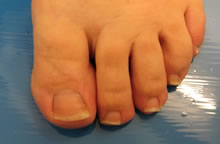
Partial Nail Surgery
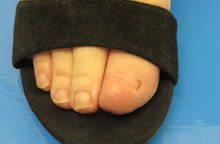
Total Nail Removal
Corns and Callus form when the foot is subjected to abnormal levels of pressure during the walking cycle. This may be due to poor fitting footwear or abnormal mechanics in the foot.
Corns most frequently appear over a boney prominence such as joint. There are 5 different types of corns. The 2 most common are hard corns and soft corns.
Hard corns are the most common and appear as small concentrated areas of hard skin surrounded by a ring of callus.
Soft corns are white and rubbery in appearance and most commonly occur between the space between the 4th and 5th toes.
Seed corns can appear on any area of the foot and are often seen with extremely dry skin
Fibrous corns are usually hard corns that have been present for a long time.
Vascular corns are corns that have small capillaries and nerve endings growing into the hard skin in the corn. They often occur after the patient has been trying to treat the area. These corns are normally painful and bleed easily.
Callus tends to form in areas of pressure on the feet. The balls of the feet the border of the heels are two of the most common areas. Callus can occur in the elderly due to a reduction of fatty padding over the balls of the feet.
It is best not to try to cut the corn or callus yourself as this may lead to further problems. Do not use corn removal plasters or paints as these contain acid which burn the healthy skin surrounding the corn
At Edinburgh Footcare Clinic our podiatrist will gently remove the corn or callus before applying a dressing if necessary. It may be necessary to make a protective insole or pad to use at home to help prevent further pressure on the area.(insert photo from old website of corn)
Specialist Services
Marigold is an integral part of homeopathic podiatry. It is effective non-invasive treatment combining the healing powers of homeopathic medicine with an effective treatment for chronic and painful foot disorders. It is suitable for all groups including the elderly and at risk patients such as diabetics.
It is effective treatment for the following conditions
- Verrucae
- Bunions
- Painful corn and callous
- Achilles tendonitis, plantarfascitis and other tendon and soft tissue problems
